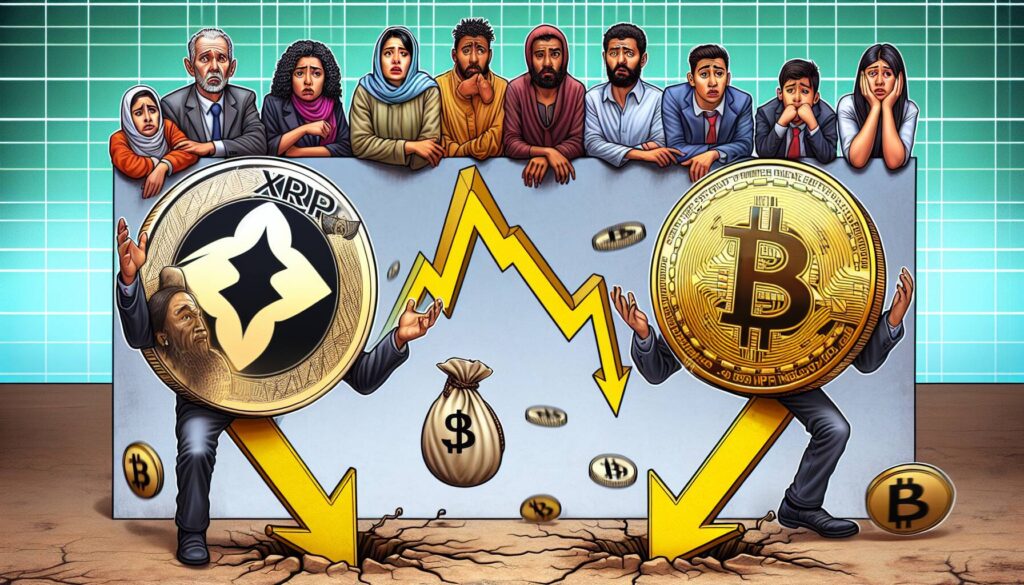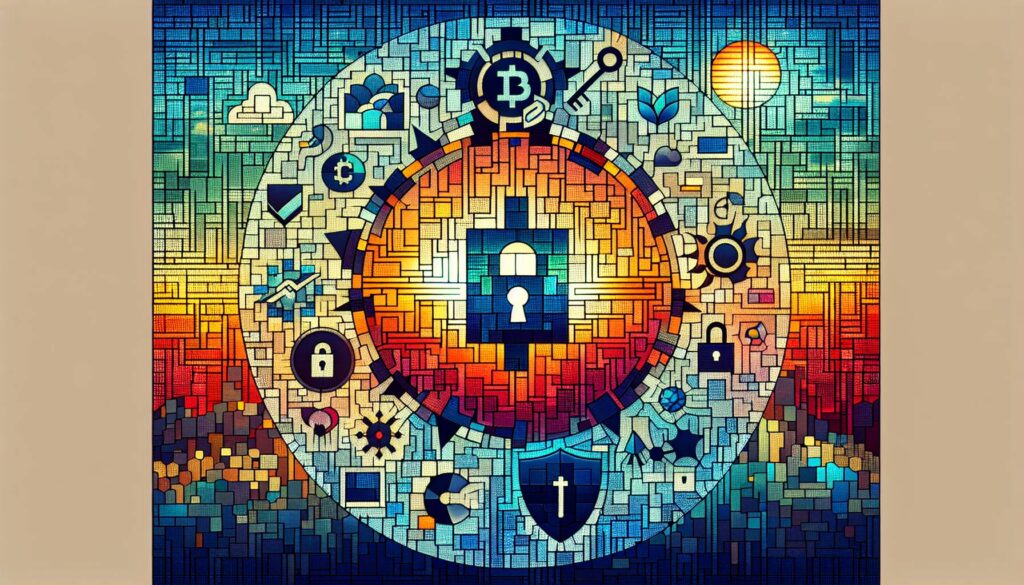Do Kwon, the creator of Terra and Luna, has made headlines once again as he pleaded guilty to charges of conspiracy to commit fraud and wire fraud on Tuesday. This plea comes after an extensive extradition process and a previous not guilty plea. Kwon, who co-founded Terraform Labs, played a pivotal role in the development of the TerraUSD (UST) stablecoin, which dramatically collapsed in 2022, leading to significant losses for many investors.
The collapse of Terra and its associated crypto ecosystem was unprecedented, with Luna plummeting from a high of nearly $120 to mere cents in just a few weeks. This event marked a watershed moment in the cryptocurrency world, triggering a domino effect of bankruptcies across the sector. Kwon, in his statements, admitted to misleading investors, asserting that he had engaged in a scheme that defrauded purchasers of his digital assets. His actions, which he described as “false and misleading statements,” contributed to the instability of UST, which failed to maintain its peg.
As part of his plea deal, the Department of Justice is recommending a sentence of no more than 12 years, and Kwon may apply for an international prison transfer after serving half of his term. His guilty plea included an apology, recognizing the impact of his actions on investors both in the U.S. and South Korea.
“The purchasers who I defrauded were in the Republic of Korea, the Southern District of New York and elsewhere,” Kwon stated, reflecting on the international implications of his case.
As the cryptocurrency landscape continues to evolve, Kwon’s case highlights the ongoing challenges of regulation and accountability within the industry. This incident will likely fuel ongoing discussions among lawmakers and regulators about the future of cryptocurrency oversight.

Do Kwon Pleads Guilty to Fraud Charges
Key points regarding Do Kwon’s guilty plea and its implications:
- Charges Against Do Kwon:
- Pleaded guilty to conspiracy to commit fraud.
- Pleaded guilty to wire fraud.
- Impact of Terra and Luna Collapse:
- TerraUSD (UST) and Luna (LUNA) experienced a dramatic decline, leading to widespread financial losses for investors.
- The collapse triggered a domino effect, causing multiple crypto company bankruptcies in 2022.
- False Assurances to Investors:
- Kwon previously assured investors of the safety of their investments in Terra and Luna.
- Made misleading statements about the stability of UST’s peg.
- Plea Deal and Sentence:
- Department of Justice to recommend a sentence of no more than 12 years.
- Kwon can apply for international transfer after serving 50% of his sentence.
- Ongoing Legal Issues:
- Kwon faces additional charges in South Korea.
- His actions have ramifications for global cryptocurrency regulations and investor trust.
The case highlights the importance of transparency and trust in the cryptocurrency landscape, which may impact investment behavior in the future.
Do Kwon’s Guilty Plea: Implications for the Crypto Landscape
The recent developments surrounding Do Kwon, the creator of Terra and Luna, who pleaded guilty to multiple fraud charges, highlight the contrasting narratives in the cryptocurrency realm. His guilty plea marks a significant moment, showcasing the ongoing regulatory and legal challenges faced by crypto founders and organizations. Unlike other recent crypto developments that signal growth and optimism, Kwon’s situation underscores a troubling precedent—where prior assurances of the stability and safety of digital assets are quickly overshadowed by the fallibilities of market dynamics and corporate governance.
Competitive Advantages of Kwon’s Case: This case emphasizes the ongoing need for stringent regulations in the cryptocurrency industry. With Kwon’s acceptance of responsibility and the resulting plea deal, the Department of Justice is reinforcing its commitment to accountability, which might ultimately bolster public trust in the cryptocurrency ecosystem. Additionally, investors may turn to projects with clearer compliance and governance structures, favoring players who prioritize transparency.
Disadvantages: Conversely, Kwon’s actions could foster a climate of skepticism around cryptocurrencies. Potential investors may hesitate to engage in future ventures, fearing similar collapse, thus stifling innovation. Additionally, if regulatory bodies become too aggressive in their oversight, it could hinder the development of new technologies and platforms, creating a hostile environment for budding entrepreneurs.
Those Impacted: The fallout from Kwon’s plea is significant for a broad audience. Investors who lost money in the Terra collapse may see some vindication in Kwon’s admission of guilt, potentially leading to renewed interest in pursuing legal actions for restitution. Moreover, companies still navigating ambiguous regulatory landscapes must be vigilant, as this case serves as a stark reminder of the potential consequences of misrepresentation. Equally, regulatory bodies may face pressure to adapt their frameworks to better address the complexities of the crypto markets, pushing for comprehensive assessments that impact existing and emerging businesses alike.

















